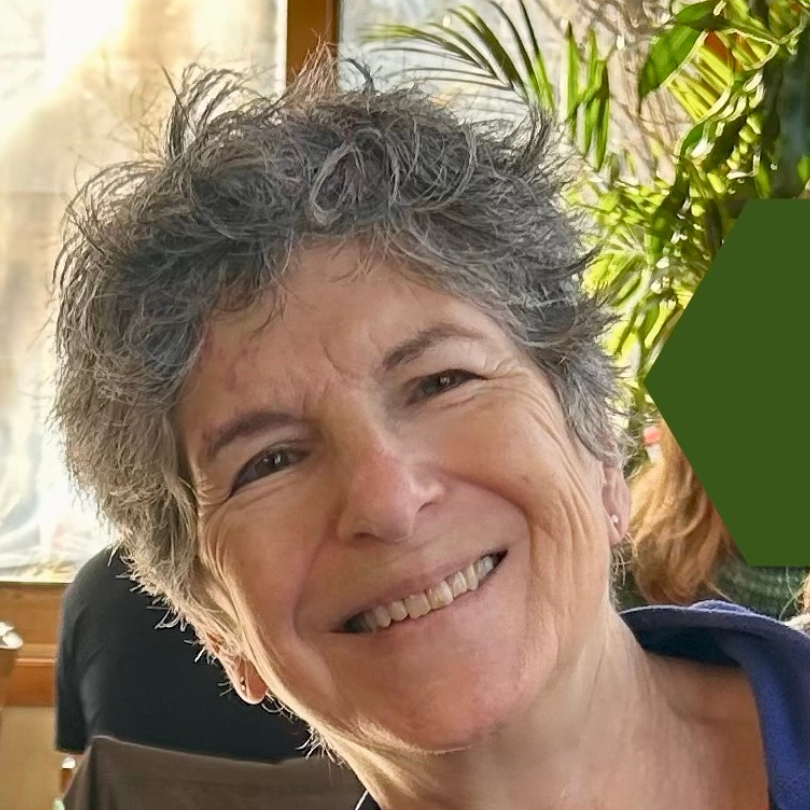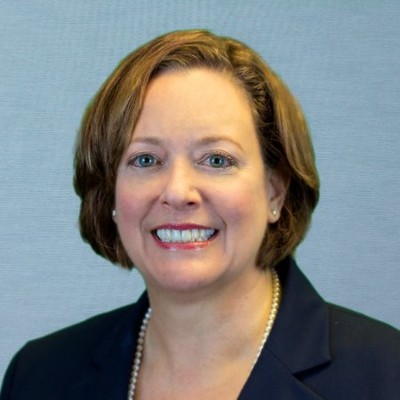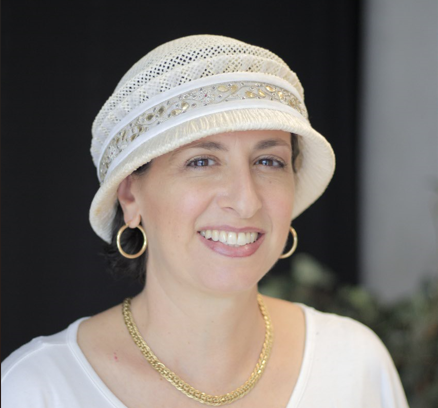|
Experiences with the Organization as Visitor: In addition to providing confidential, informal, independent, and impartial assistance to individuals, ombuds also serve the organization by being sensitive to the interests and concerns of the organization and helping the organization clarify goals and consider options to make the best decisions about next steps. This panel of ombuds from various sectors will reflect on and share vulnerably about past experiences with viewing the organization as a visitor, including their successes and potential missed opportunities.
An organizational ombuds provides confidential, informal, independent and impartial assistance to individuals through dispute resolution and problem-solving methods such as conflict coaching, mediation, facilitation, and shuttle diplomacy. The organizational ombuds responds to concerns and disputes brought forward by visitors to the office and may convey trends, systemic problems, and organizational issues to high-level leaders and executives confidentially.
Ombuds do not advocate for individuals, groups or entities, but rather for the principles of fairness and equity. The ombuds is interested in being helpful to leaders, in the same way that the ombuds is helpful to others within the organization. An ombuds's orientation is toward "fair process" so they are likely to be sensitive to the interests and concerns of a wide range of people. An ombuds is likely to have a different perspective than most others to whom organizational leaders listen. They are likely to be familiar with multiple points of view regarding any given situation and be able to appropriately articulate the concerns of those whose voices often go unheard.
The ombuds can also:
- Brief the leader on issues or ‘hotspots’ of which they ought to be aware and the possible implications of those issues.
- Share what has been done so far to address the issues, taking care to maintain confidentiality.
- Identify serious potential problems that may be unforeseen or downplayed by management or employees.
- Create an opportunity for the executive to talk about things they might not be able to talk to others about.
 Dr. Mary Bliss Conger (she/they) is a writer and consultant. Her professional interests center on leadership, learning, conflict, and care, with particular focus on the organizational ombud role and complex systems. As an IOA volunteer, Mary has worked with the communications, conference, and professional development committees as well as the JIOA. Dr. Mary Bliss Conger (she/they) is a writer and consultant. Her professional interests center on leadership, learning, conflict, and care, with particular focus on the organizational ombud role and complex systems. As an IOA volunteer, Mary has worked with the communications, conference, and professional development committees as well as the JIOA.

Ruthy Kohorn Rosenberg recently retired as an Associate Ombud at the University of Washington after 4+ years. She came from Brown University where she had been the inaugural University Ombudsperson for eight years. Ruthy is a leadership coach, mentors new ombuds, is an active member of the California Caucus, loves quilting, being outdoors, reading widely, and spending time with her family and friends

Lexi Wolfe has been an Associate Ombudsman with the Department of Energy since 2019. She previously served as an Ombudsman Specialist at the Transportation Security Administration (TSA) and the program manager for the Small Business Administration's (SBA) informal ADR program. She is CO-OP certified and an Associate Certified Coach (ACC) with the International Coaching Federation (ICF). She earned her MS in Negotiation and Dispute Resolution from Columbia University and BA in Journalism from the University of North Carolina.
 Carolyn Esposito is an accomplished ombuds, leader, consultant, and executive coach. She has been the corporate ombuds for AllianceBernstein – [AB] for 10 years and she offers executive coaching and consulting to select clients through her company, Talent Pathways. Her work is informed by decades of business experience as a leader of learning and performance, change management, communication, and strategy initiatives. Clients appreciate her insights and business acumen, as well as her passion for helping people and organizations align with their values, build on their strengths, break through barriers, and develop new behaviors to support exceptional outcomes. Her education and certifications include, among others, M.A., Media Studies, The New School for Social Research; B.A., English, Dowling College; Certified Organizational Ombuds Practitioner (CO-OP), IOA; Executive Certification, The Securities Industry Institute at the Wharton School; Certified Professional Executive Coach (CPEC), Columbia University. Carolyn Esposito is an accomplished ombuds, leader, consultant, and executive coach. She has been the corporate ombuds for AllianceBernstein – [AB] for 10 years and she offers executive coaching and consulting to select clients through her company, Talent Pathways. Her work is informed by decades of business experience as a leader of learning and performance, change management, communication, and strategy initiatives. Clients appreciate her insights and business acumen, as well as her passion for helping people and organizations align with their values, build on their strengths, break through barriers, and develop new behaviors to support exceptional outcomes. Her education and certifications include, among others, M.A., Media Studies, The New School for Social Research; B.A., English, Dowling College; Certified Organizational Ombuds Practitioner (CO-OP), IOA; Executive Certification, The Securities Industry Institute at the Wharton School; Certified Professional Executive Coach (CPEC), Columbia University.
 Kira Nurieli is the CEO of the Harmony Strategies Group and is a professional ombuds, mediator, conflict coach, trainer/facilitator, consultant, and restorative practices facilitator. She has spent upwards of twenty years helping clients handle conflict and improve communication strategies and has presented at numerous conferences and symposia as a subject matter expert. She holds a Master’s degree in Organizational Psychology from Columbia University and a Bachelor’s degree in Comparative Performance from Barnard College. She especially enjoys helping individuals, teams, and organizations become more impactful and empowered in their work Kira Nurieli is the CEO of the Harmony Strategies Group and is a professional ombuds, mediator, conflict coach, trainer/facilitator, consultant, and restorative practices facilitator. She has spent upwards of twenty years helping clients handle conflict and improve communication strategies and has presented at numerous conferences and symposia as a subject matter expert. She holds a Master’s degree in Organizational Psychology from Columbia University and a Bachelor’s degree in Comparative Performance from Barnard College. She especially enjoys helping individuals, teams, and organizations become more impactful and empowered in their work
Back to the September Symposium Event Page
|

 Dr. Mary Bliss Conger (she/they) is a writer and consultant. Her professional interests center on leadership, learning, conflict, and care, with particular focus on the organizational ombud role and complex systems. As an IOA volunteer, Mary has worked with the communications, conference, and professional development committees as well as the JIOA.
Dr. Mary Bliss Conger (she/they) is a writer and consultant. Her professional interests center on leadership, learning, conflict, and care, with particular focus on the organizational ombud role and complex systems. As an IOA volunteer, Mary has worked with the communications, conference, and professional development committees as well as the JIOA.

 Carolyn Esposito is an accomplished ombuds, leader, consultant, and executive coach. She has been the corporate ombuds for AllianceBernstein – [AB] for 10 years and she offers executive coaching and consulting to select clients through her company, Talent Pathways. Her work is informed by decades of business experience as a leader of learning and performance, change management, communication, and strategy initiatives. Clients appreciate her insights and business acumen, as well as her passion for helping people and organizations align with their values, build on their strengths, break through barriers, and develop new behaviors to support exceptional outcomes. Her education and certifications include, among others, M.A., Media Studies, The New School for Social Research; B.A., English, Dowling College; Certified Organizational Ombuds Practitioner (CO-OP), IOA; Executive Certification, The Securities Industry Institute at the Wharton School; Certified Professional Executive Coach (CPEC), Columbia University.
Carolyn Esposito is an accomplished ombuds, leader, consultant, and executive coach. She has been the corporate ombuds for AllianceBernstein – [AB] for 10 years and she offers executive coaching and consulting to select clients through her company, Talent Pathways. Her work is informed by decades of business experience as a leader of learning and performance, change management, communication, and strategy initiatives. Clients appreciate her insights and business acumen, as well as her passion for helping people and organizations align with their values, build on their strengths, break through barriers, and develop new behaviors to support exceptional outcomes. Her education and certifications include, among others, M.A., Media Studies, The New School for Social Research; B.A., English, Dowling College; Certified Organizational Ombuds Practitioner (CO-OP), IOA; Executive Certification, The Securities Industry Institute at the Wharton School; Certified Professional Executive Coach (CPEC), Columbia University. Kira Nurieli is the CEO of the Harmony Strategies Group and is a professional ombuds, mediator, conflict coach, trainer/facilitator, consultant, and restorative practices facilitator. She has spent upwards of twenty years helping clients handle conflict and improve communication strategies and has presented at numerous conferences and symposia as a subject matter expert. She holds a Master’s degree in Organizational Psychology from Columbia University and a Bachelor’s degree in Comparative Performance from Barnard College. She especially enjoys helping individuals, teams, and organizations become more impactful and empowered in their work
Kira Nurieli is the CEO of the Harmony Strategies Group and is a professional ombuds, mediator, conflict coach, trainer/facilitator, consultant, and restorative practices facilitator. She has spent upwards of twenty years helping clients handle conflict and improve communication strategies and has presented at numerous conferences and symposia as a subject matter expert. She holds a Master’s degree in Organizational Psychology from Columbia University and a Bachelor’s degree in Comparative Performance from Barnard College. She especially enjoys helping individuals, teams, and organizations become more impactful and empowered in their work